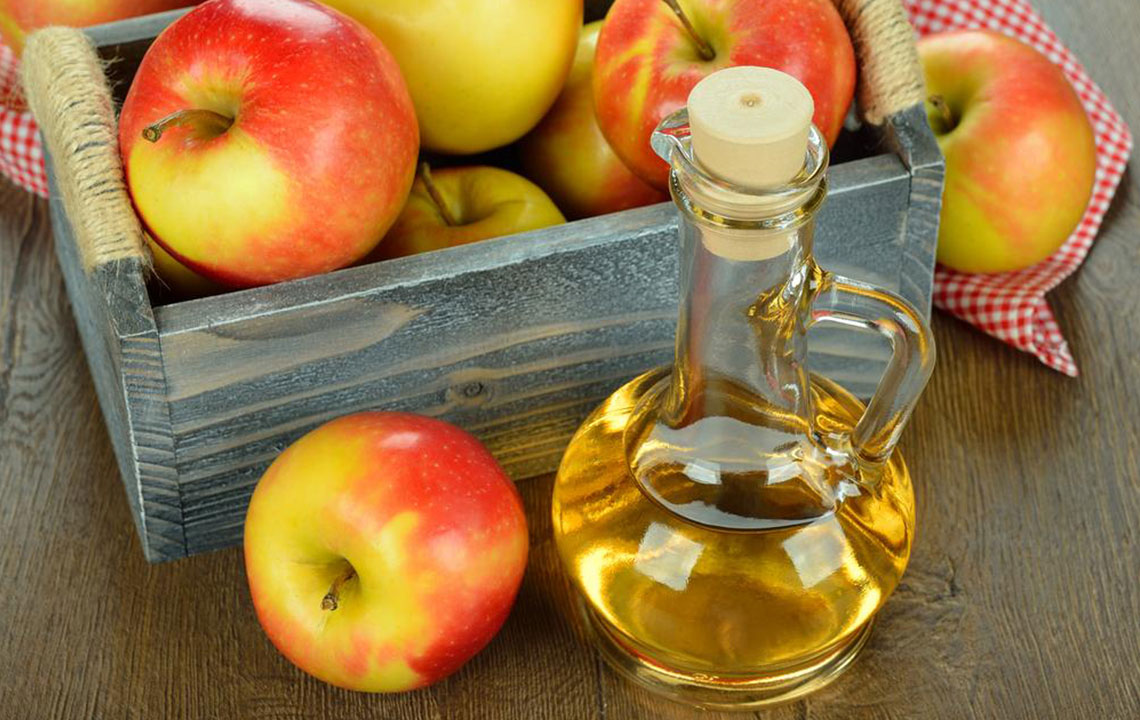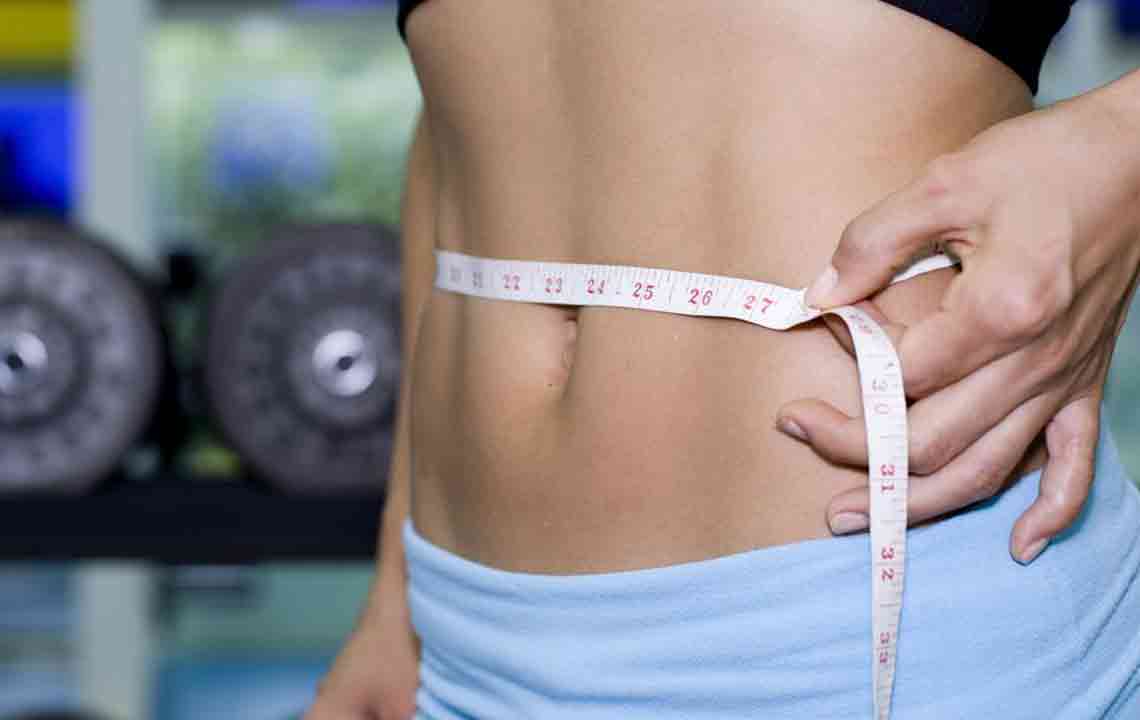Effective Strategies to Lose Belly Fat and Achieve a Flat Stomach
Learn effective ways to shed excess belly fat through diet, exercise, and lifestyle changes. Incorporate high-fiber foods, reduce carbs, monitor calorie intake, and stay active to achieve a flatter stomach. Tips include weight training, healthy eating, and stress management, all aiming for sustainable fat reduction and better health.

Concerned about your growing waistline and tighter clothing? Is your midsection appearing more protruded and out of shape?
If so, you're experiencing increasing abdominal fat, caused by a variety of natural and lifestyle factors.
Excess belly fat isn’t just about appearance; it involves visceral fat accumulation around organs like the liver and stomach. This 'beer gut' can signal metabolic issues such as type 2 diabetes, insulin resistance, cardiovascular problems, and certain cancers.
You can easily measure your abdominal size with a tape around your waist, ideally at your navel. For a healthy BMI, women should aim for under 35 inches, men under 40 inches.
Effective Methods to Reduce Belly Fat
Shedding abdominal fat can be challenging, but targeted techniques can help reduce stubborn belly bulge.
Dietary Fiber
Incorporate soluble fiber-rich foods like fruits, vegetables, legumes, flax seeds, and oats. These create a gel in your digestive system, slowing digestion, helping you feel full longer, and reducing calorie absorption, which promotes fat loss. Fiber supplements like glucomannan can further aid digestion and metabolism.
Reduce Carbohydrate Consumption
Adopting a low-carb diet is highly effective for belly fat reduction. Focus on lean proteins such as fish rich in omega-3s, and cut back on refined grains, cereals, and sugary foods. Studies show low-carb diets can double or triple weight loss compared to low-fat plans, with quick water weight reductions visible on the scale.
Track Calorie Intake
Monitor your daily calorie consumption to ensure effective weight loss. Managing portion sizes and overall intake is crucial.
Increase Protein Intake
Consuming high-quality protein boosts metabolism and suppresses hunger. Maintaining a protein-rich diet can reduce daily calorie intake by approximately 400 calories and help prevent weight regain in the long term.
Cooking tip: Using coconut oil in your meals (about two tablespoons daily) supports fat reduction thanks to its healthy medium-chain fats.
Limit Alcohol
Alcohol adds extra calories and hampers fat burning. It promotes fat storage from previous meals. Limiting alcohol to occasional consumption helps maintain progress.
Exercise Regularly
Engage in aerobic activities like brisk walking or cycling to burn calories, complemented by strength training to build muscle mass. Increased muscle mass raises resting calorie expenditure, accelerating fat loss.
Additional tips include drinking green tea to boost metabolism, consuming probiotic-rich foods to improve gut health, and adding apple cider vinegar, which aids fat breakdown. Managing stress and ensuring quality sleep also play vital roles in weight management.
Remember, consistency is key—combine diet, exercise, and lifestyle changes for the best results.










